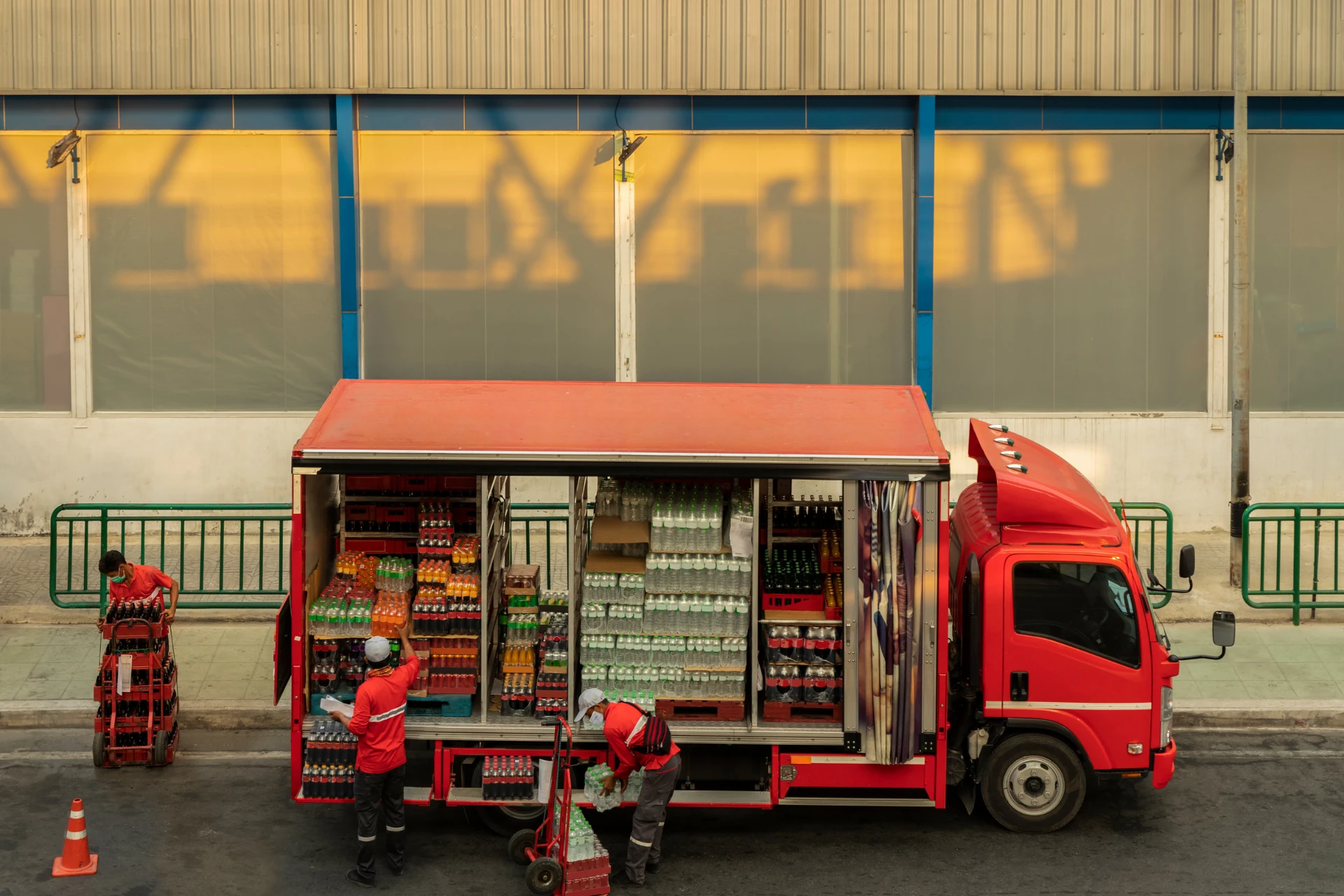Table of Contents
Join our
Mailing List
Stay up-to-date with BREW MOVERS latest news and service offerings.

The Benefits and Applications of RFID in Supply Chains
Published Date: 17 November 2022
Have you heard of RFID or radio-frequency identification?
You may not be aware of it, but we use this technology in our everyday lives. It is used to electronically collect payment in tolls, identify the origin and breed of animals on farms, authenticate the identity of passport holders, and so much more.
It also has numerous benefits when applied to supply chain management.
In this post, we cover the benefits and applications of RFID in supply chains. As an owner or future owner of a brewery, you need to know how you can use RFID to make supply chain management easier.
Let’s get started!

Image Source: Canva
What is the Meaning of RFID in Supply Chains?
RFID is a technology that has been commercially used since the 1980s. Its early uses included assembly lines and toll fee payments.
The use of RFID for supply chain management is relatively new, gaining traction during the early 2000s. RFID in supply chains involves the use of RFID readers and RFID tags which can be active, passive, or battery-assistive passive. Using RFID tags results in faster and more seamless workflows compared to using barcodes.
RFID technology helps in counting and tracking items accurately. The various applications of RFID in supply chains also help in increasing visibility and reducing operational costs.
Applications of RFID in Supply Chains
RFID has a number of applications for different stages in the supply chain.
Manufacturing
Manufacturing is the part of the supply chain wherein raw materials are turned into finished products. RFID helps to provide real-time visibility of raw materials and assets as they move through production. This technology helps to ensure that every component is at the right place at the right time. Along with tracking raw materials, RFID can also be used for tracking containers and tools.
Warehousing
As goods enter and exit warehouses, RFID creates a seamless way to collect and check mass data on the whereabouts of the goods. With RFID, products that enter warehouses can be scanned and tracked from anywhere inside the warehouse’s vicinity. Even boxes or kegs that are behind other items can be tracked.
Freight Transportation
So far, you may have noticed that RFID, in various ways, ensures that items are where they need to be along the different stages of the supply chain. RFID in freight transportation operates on the same premise.
Using RFID, a container can be scanned the moment it leaves the warehouse or port. The container can then be scanned again once it gets to its destination. This helps create a live feed regarding the container’s journey.
Retailing
With RFID, checking-in shipments for retail can be done accurately, en masse, and in an instant. This is a lot faster than manually scanning products one by one. Furthermore, RFID helps to ensure that items are accounted for, even when items are moved frequently in storage rooms and on the sales floor.
Why Brewers Need RFID for Keg Management
The uses and benefits of RFID in supply chain management are applicable to a number of industries. For alcohol producers or brewers, RFID is most beneficial for tracking pallets, cases, and beer kegs.
Beer kegs, being one of the most costly yet reusable containers, is the best-use case for RFID in the supply chain of breweries. Each beer keg is typically valued at $100 or more. Major breweries keep thousands of beer kegs, while craft brewers keep a smaller number on hand.
In any case, managing and tracking beer kegs (through cycles of filling, delivery, and picking up for reuse) are made easier with RFID. The application of RFID helps avoid problems like losing beer kegs or overstocking beer kegs to meet demand.

A Reliable Partner in Inbound and Outbound Brewery Logistics
If there are efficient applications of RFID in supply chains, why don’t all brewers use it for logistics? The reason for this is that RFID in supply chains can be expensive to implement and scale. Brewers need to partner with a reliable service provider that can cost-effectively fit this solution to the business’s needs.
Brew Movers is an industry leader in brewery-managed logistics. We provide brewery businesses with integrated logistic management services that make use of cutting-edge solutions for added efficiency.
Contact us today to learn more about our industry-leading services.




